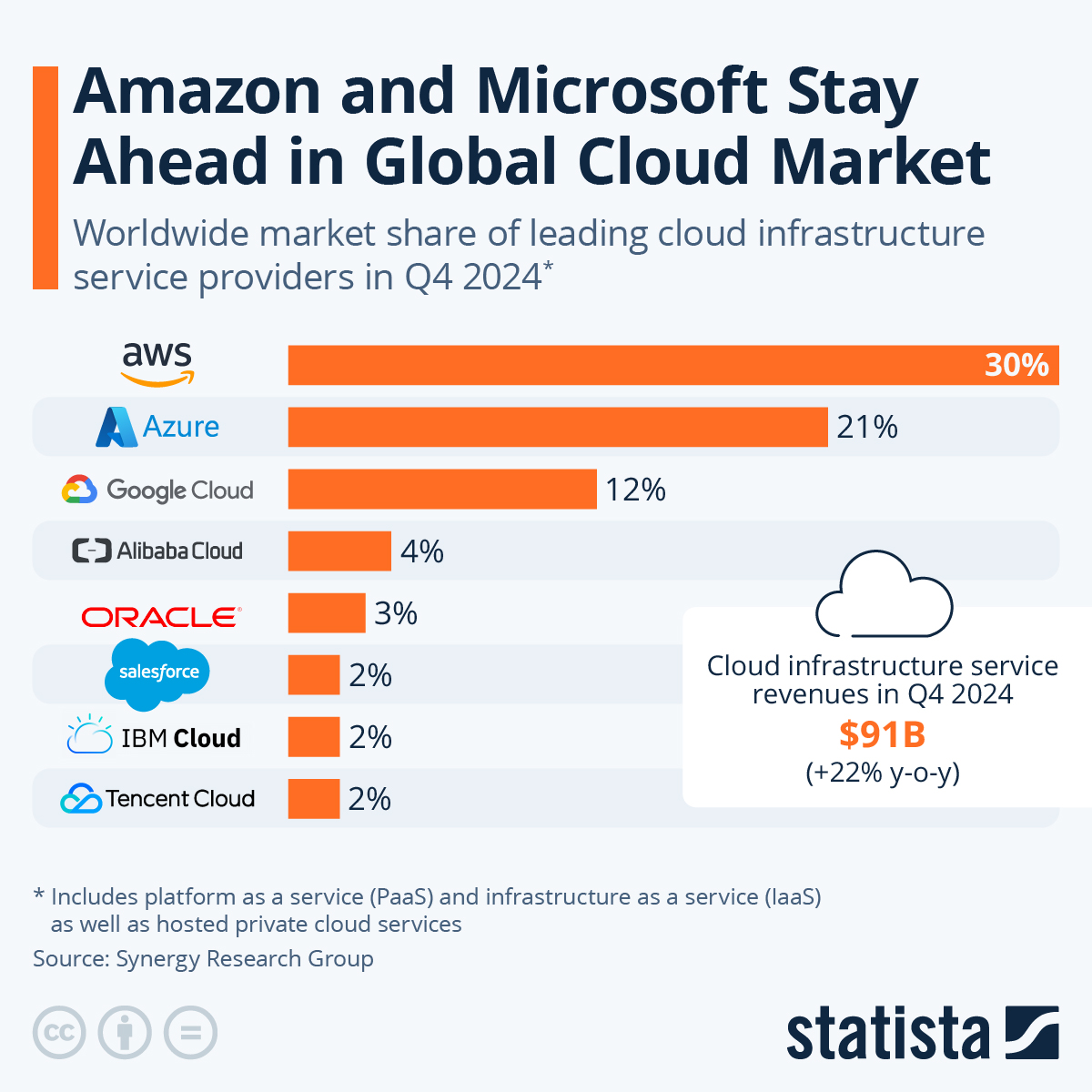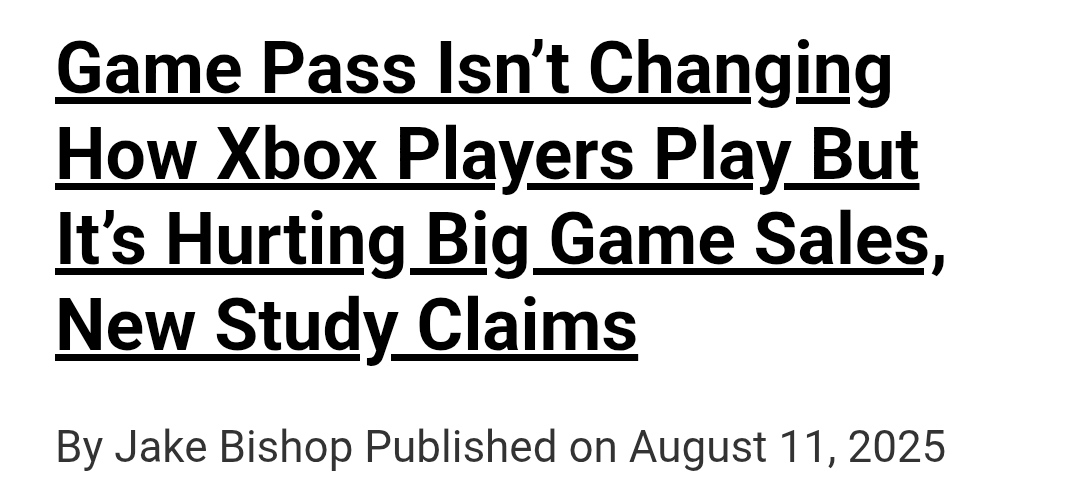ReasonBeing
Member
Former PlayStation boss, Shawn Layden, shares why he thinks Xbox Game Pass and similar subscription models hurt AAA game development, calling them "bad for the business" and turning devs into "wage slaves."
Former PlayStation Worldwide Studios chairman Shawn Layden has shared some strong views on subscription models like Xbox Game Pass, warning that they could hurt the long-term health of the AAA games industry.
Speaking to GamesIndustry.biz, Layden said he's not a fan of the "Netflix of gaming" approach when it comes to big-budget releases, claiming that putting these games on subscription services from day one is "bad for the business."
"I'm not a big supporter of the 'Netflix of gaming' idea," says Layden. "I think it is a danger. The problem with gaming is all we have is launch. That's it. No one wants to pay money to come into the studio and watch people code," he said, pointing out that unlike music artists who can tour or sell merchandise, game developers have no extra revenue streams once a game ships. "I mean, look what happened to music. In the popular mind, music costs nothing. Music should be free. Spotify, what is that? It's 15 bucks a month or something, but virtually no one buys music anymore."
Former PlayStation Boss Thinks Subscription Models Are a Problem
Layden compared the situation to what happened in the music industry. With streaming services offering vast libraries for a low monthly fee, consumers quickly began to see music as something that should cost almost nothing. He fears the same could happen with games, especially when major AAA titles are given away as part of a subscription on release day.
While he acknowledged that smaller indie games could benefit from the visibility a subscription deal brings, Layden believes AAA games risk losing profitability and creative ambition if this becomes the norm.
"You can't unring the bell," he said about publishers committing to day-one subscription launches.
He also raised concerns about how these deals change the nature of game development itself. Under this model, studios often receive a flat fee from the platform holder instead of selling copies directly to players.
"They're not creating value, putting it in the marketplace, hoping it explodes, and profit sharing, and overages, and all that nice stuff. It's just, 'You pay me X dollars an hour, I built you a game, here, go put it on your servers,'" Layden explained. "I don't think it's really inspiring for game developers."
He went as far as to call this arrangement turning developers into "wage slaves."
Layden also pushed back on the ongoing debate about whether Game Pass is profitable for Microsoft, saying that's the wrong question to ask. For him, the real issue is whether it's healthy for the developer and sustainable for the industry as a whole.
"There's a lot of debates going on. Is Game Pass profitable? Is Game Pass not profitable? What does that mean? That's really not the right question to ask anyway," he said.
"You can do all kinds of financial jiggery-pokery for any sort of corporate service to make it look profitable if you wanted to. You take enough costs out and say that's off the balance sheet and, oh look, it's profitable now. The real issue for me on things like Game Pass is, is it healthy for the developer?"
While it is clear that subscription gaming services change how gamers purchase games, is the claim that developing under such a model "does not inspire developers" really valid? Is guaranteed payment bad for business when development costs are so high that one failure can shut a studio down? Is there no benefit to having confirmed payment for a completed product? When working under this model, motivation to create a compelling game seems likely to come from future distribution deals or the chance to create a hit that could become a franchise and perhaps be sold directly to customers later. To me, it seems mistaken to say that having payment secured for a delivered product eliminates pride, drive, and the pursuit of excellence. There is some truth that pressure from direct customer sales can push teams to achieve greatness, but I do not believe it is the only place where creativity and quality appear. Maybe I am misrepresenting Shawn, but that does feel like his argument.
From my view, there are pros and cons regardless of the distribution method. The potential upside is greater when you sell directly to customers, but the financial risk is also higher if the game does not succeed. Take Titanfall 2 as an example. Despite being an excellent game, it released at the same time as other major titles and struggled as a result. In cases like that, the studio might have been better off on a subscription platform where they could also earn additional income through microtransactions. As always, the truth is probably somewhere in the middle.
I know many agree with Shawn. Where do you think my argument fails? What important factors am I not taking into consideration?
Edit: clarified that I was referring to Titanfall 2
Edit edit: it's clear that some are giving me reactions based on the headline and completely skipped my OP. I have "fire" reactions from some who are staunchly against sub-services, which I find amusing.

Former PlayStation CEO Says Xbox Game Pass and Other Subscription Services Turn Developers Into "Wage Slaves" and Are "Bad for the Business"
Former PlayStation boss, Shawn Layden, shares why he thinks Xbox Game Pass and similar subscription models hurt AAA game development, calling them “bad for the business” and turning devs into “wage slaves.”
Last edited:










